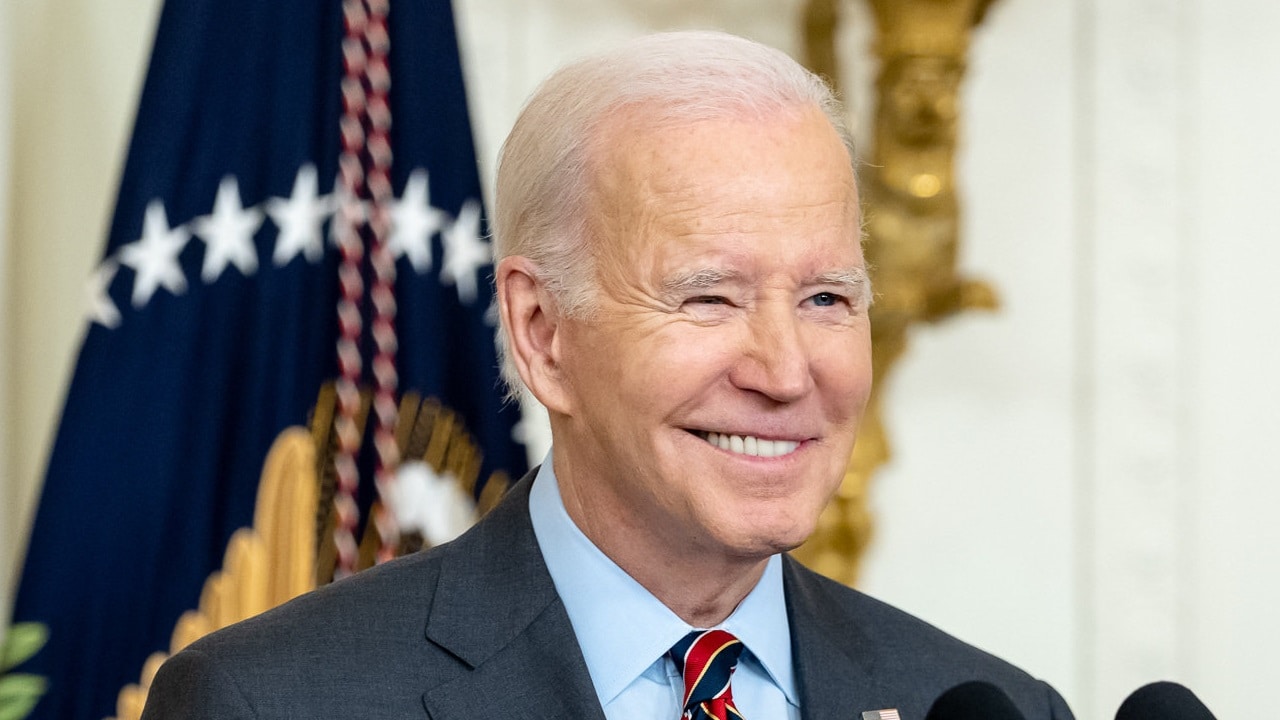The Biden administration plans to force those with higher credit scores to subsidize loans for those with credit scores under 680. The rule proposed by the Federal Housing Finance Agency is set to take effect May 1. This rule aims to promote equity in the marketplace for minority, low income, and older buyers among others.
Joe Biden and His Plan
It would impose an additional $40 monthly fee on a $400,000 mortgage. It will impact mortgages originating from privately owned banks across the country. Under the new rule, borrowers with poorer credit and less money down would qualify for a better mortgage than they otherwise could have under existing rules.
Some borrowers could see the additional fee approach $100 per month depending on the size of their loan.
Borrowers who refinance their mortgages after May 1 and new borrowers will be impacted.
FHFA Director Sandra Thompson defended the change saying the “increase pricing support for purchase borrowers limited by income or by wealth” and come with “minimal,” claiming the rule would stabilize markets.
What the Experts Think
Fox Business’ Stuart Varney compared the rule change to the situation that existed prior to the 2007-2008 subprime mortgage crisis.
“It looks to me a bit like ’07 and ’08 when we were throwing money at people who could not repay their loans; I know it is on a smaller scale, but it looks similar to me,” Varney said.
Lenders do not like the change.
“The changes do not make sense. Penalizing borrowers with larger down payments and credit scores will not go over well,” Ian Wright, a senior loan officer at Bay Equity Home Loans in the San Francisco Bay Area, told The Washington Times. “It overcomplicates things for consumers during a process that can already feel overwhelming with the amount of paperwork, jargon, etc. Confusing the borrower is never a good thing.”
Wright accused the rule makers of having little comprehension of the rulemaking process. This rule change could add insult to injury. This could be particularly true for buyers due to the Federal Reserve’s higher interest rates.
Strategic Wealth Partners CEO Mark Tepper told Fox Business’ Maria Bartiromo that the rule change was “Socialism for homeowners.”
“We mentioned the student loan issue. Cab drivers who never went to college are subsidizing that student loan debt, and in this situation, this Biden administration more and more often, they are making decisions to reward bad decisions,” Tepper said. “There’s nothing in this rule that says it applies to first-time homebuyers. It applies to anybody borrowing money that’s insured by FHA. It’s madness.”
Some worry that the FHFA rule change could slow the housing market further.
“We’re down from selling 6 million houses on an annualized basis to 4.4 (million). So realtors are finding it really hard to make a living. But, you know, the supply of homes is still alarmingly low. And on the price side, homes are $100,000 more expensive today than they were in February of 2020. So we still have that affordability problem,” Mitch Roschelle, Madison Ventures+ managing director, told Fox Business.
David Stevens, a former head of the Mortgage Bankers Association who served as commissioner of the Federal Housing Administration during the Obama administration, warned that the Biden administration was confusing the issues.
“Why was this done? The answer is simple, it was to try to narrow the gap in access to credit especially for minority home buyers who often have lower down payments and lower credit scores,” he wrote in a post on LinkedIn. “The gap in homeownership opportunity is real. America is facing a severe shortage of affordable homes for sales combined with excessive demand causing an imbalance. But convoluting pricing and credit is not the way to solve this problem.”
MORE: Something Is Wrong With Kamala Harris
MORE: ‘Breathing Fire’: Donald Trump Goes Crazy On Fox News Interview
MORE: ‘Americans Will Pay The Price’: One Democrat Is Angry At Joe Biden
MORE: Could Joe Biden Get Impeached?

